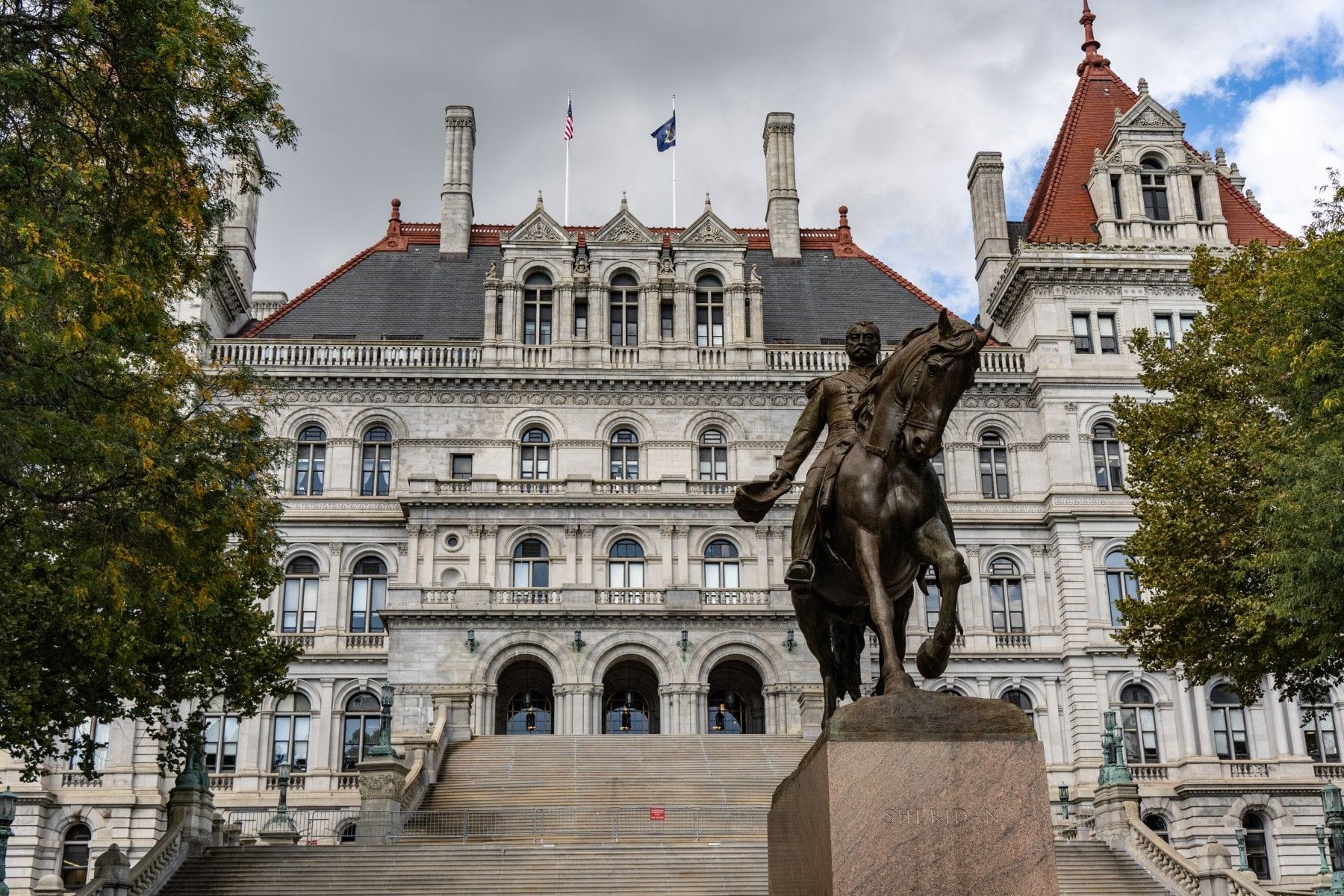Expert Witness Compensation Rules in New York
In New York, expert witness compensation is guided by legal statutes and ethical standards ensuring transparency, fairness, and objectivity in testimony.
Updated on
In this article
What Are the Rules Governing Expert Witness Compensation in New York?
Expert witness fees and compensation in New York are primarily governed by a combination of statutory provisions, ethical guidelines, and case law interpretations. The nuances of these regulations ensure that expert witnesses are compensated fairly while maintaining integrity and accountability within the legal process. This article delves into the rules and principles underlying expert witness compensation in New York, providing a comprehensive overview for attorneys, legal professionals, and expert witnesses.
Fee Provisions in New York Civil Practice Law and Rules (CPLR)
The New York Civil Practice Law and Rules (CPLR) provide the foundational framework for expert witness compensation. Under CPLR § 3101(d)(1)(iii), parties are required to disclose the fees paid to expert witnesses. This provision ensures transparency in the compensation process and helps prevent any undue influence on the expert's testimony. This rule underscores the importance of objectivity and impartiality in expert testimony, crucial elements in maintaining the integrity of the judicial process.
Furthermore, CPLR § 2305(a) stipulates that the court may require the payment of reasonable compensation to experts for their time in depositions or court appearances. This is intended to ensure that experts are adequately compensated for their professional efforts and time commitments. The term "reasonable compensation" is often subject to interpretation, and courts are tasked with ensuring that the fees align with the market standards for the expert's field and experience level.
Disclosure Obligations under New York Judiciary Law for Expert Witness Contracts
In addition to the CPLR, the New York Judiciary Law mandates specific disclosure obligations regarding expert witness contracts. These obligations are designed to promote transparency and accountability in the legal process. Attorneys are required to disclose detailed information regarding the financial arrangements with expert witnesses, including any retainer agreements and the basis for calculating fees.
Such disclosures help prevent conflicts of interest and potential biases that could arise from undisclosed financial incentives. The legal framework aims to ensure that expert witnesses provide testimony solely based on their professional expertise and judgment, free from any undue external influences. By adhering to these disclosure requirements, attorneys and expert witnesses alike contribute to the fair administration of justice in New York.
Ethical Guidelines from New York State Bar Association on Expert Compensation
The New York State Bar Association (NYSBA) provides ethical guidelines concerning expert witness compensation. These guidelines emphasize the importance of maintaining objectivity and fairness in the compensation process. According to the NYSBA, expert witnesses should be compensated based on the complexity and nature of their work, rather than the outcome of the case or the magnitude of the claim.
An ethical concern addressed by the NYSBA is the prohibition of contingency fee arrangements for expert witnesses. Contingency fees, where compensation is tied to the case's outcome, are considered unethical as they may compromise the expert's objectivity. Instead, experts should be paid a predetermined fee or hourly rate that reflects their expertise and the time invested in the case.
Practical Tips for Structuring Expert Witness Fee Agreements in New York
When structuring fee agreements for expert witnesses in New York, it is essential to consider various factors to ensure compliance with legal and ethical standards. Below are practical tips for attorneys and expert witnesses to create fair and effective compensation arrangements:
- Define Scope of Work: Clearly outline the specific services the expert will provide, including any research, consultations, depositions, or trial appearances. This helps set expectations and justifies the compensation.
- Establish Fee Structure: Decide on a payment model, whether it be hourly rates, flat fees, or retainer agreements. Ensure that the chosen model reflects the expert’s level of experience and the complexity of the case.
- Include Payment Terms: Specify payment timelines, including deposit requirements and intervals for billing. Consider including provisions for late payments and how they will be handled.
- Document Expenses: Outline how additional expenses (e.g., travel, materials, and other out-of-pocket costs) will be reimbursed. Ensure that these expenses are reasonable and necessary for the expert’s work.
- Avoid Contingency Fees: Refrain from structuring fees in a way that ties compensation to the outcome of the case. Adhere to ethical guidelines by ensuring that compensation is independent of the case results.
- Review Market Rates: Research and align compensation with industry standards to ensure that fees are reasonable and justifiable. This can help prevent disputes and maintain the expert’s credibility.
- Include Confidentiality Clauses: Protect sensitive information by including confidentiality provisions in the agreement. This ensures that both parties maintain the integrity of the expert's insights and the legal process.
- Facilitate Regular Communication: Encourage ongoing communication between the attorney and expert regarding the case’s progress and any changes to the scope of work or fee arrangements. This fosters a collaborative relationship and helps manage expectations.


